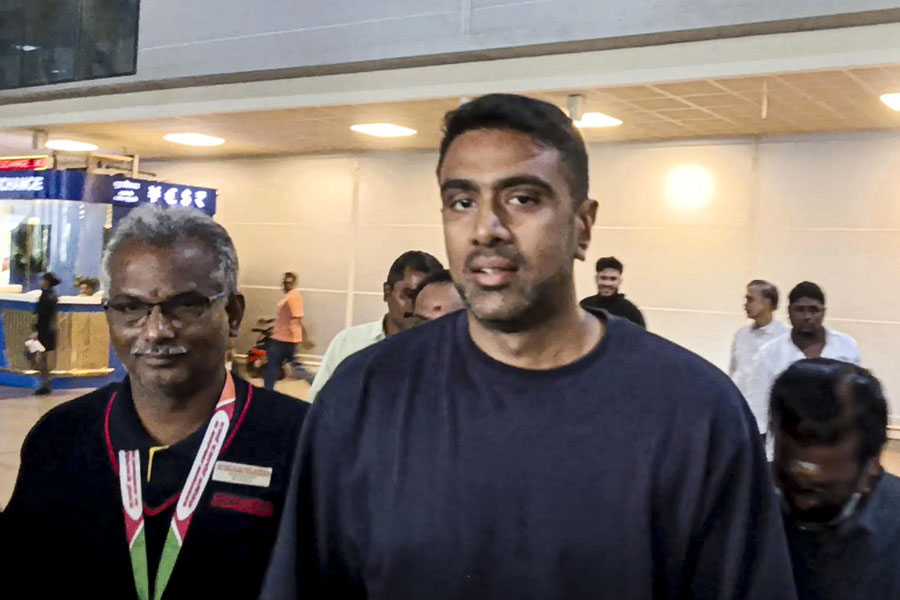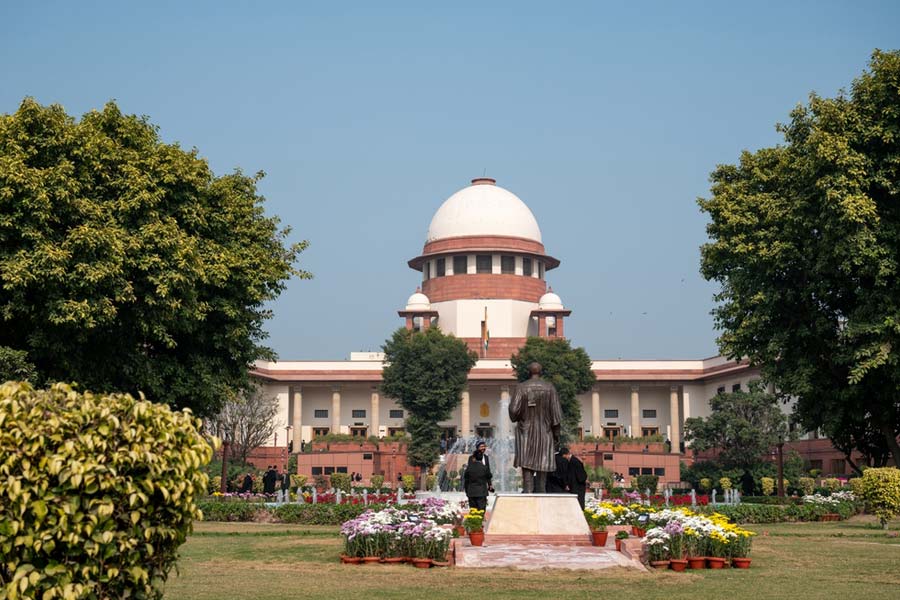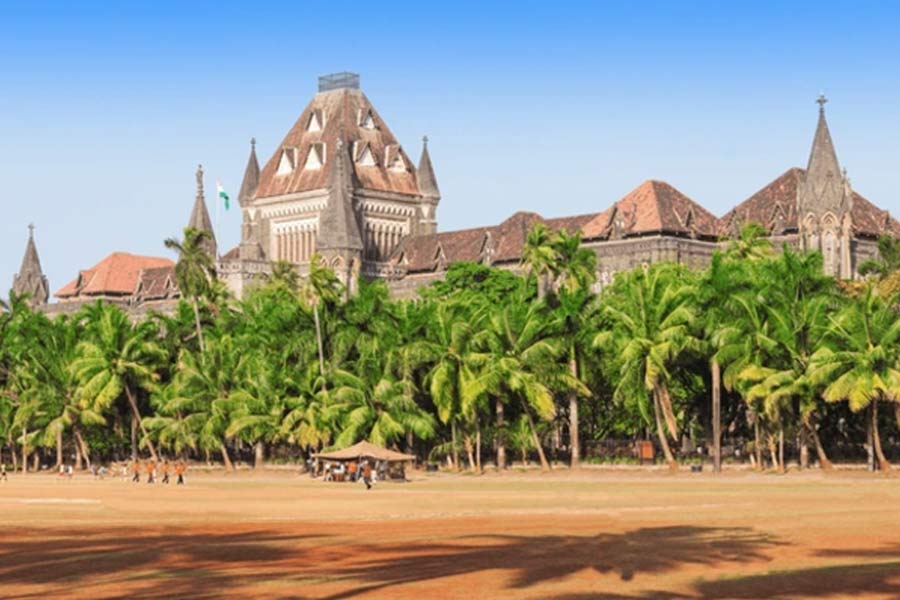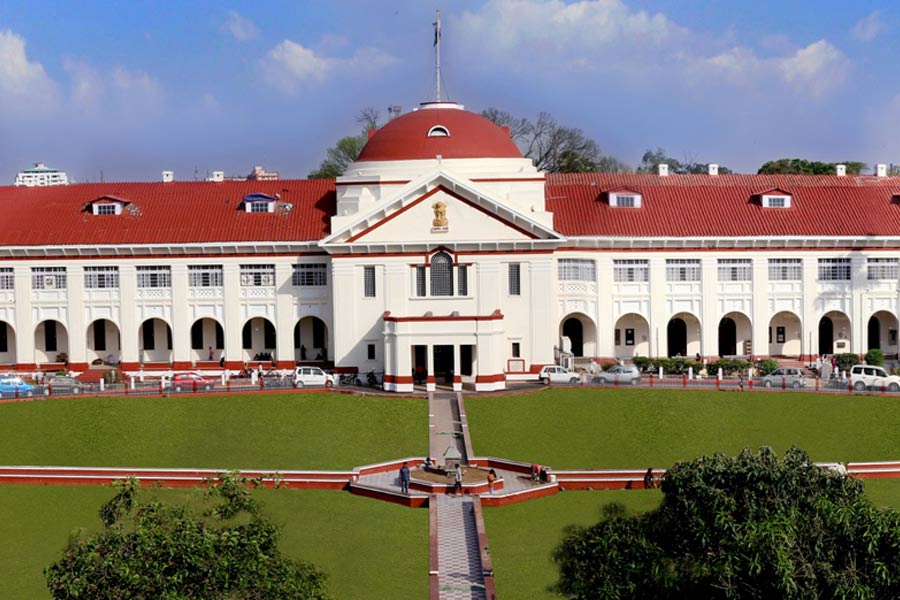Sudesh Amman, shot dead by the police on Sunday in south London after he stabbed two people, was a 20-year-old youth who had been released from prison at the end of January after serving half his prison sentence.
His case is similar to that of Usman Khan, 28, who was also shot dead by police in London Bridge on November 29 last year after he had inflicted fatal knife wounds on two people. Usman had wanted to set up a terrorist training camp in Pakistan.
Both were wearing fake suicide belts, leading to suggestions that they wanted to be “martyred”.
The Prime Minister, Boris Johnson, is set to announce “further plans for fundamental changes to the system for dealing with those convicted of terrorism offences”.
There are some 200 convicted terrorists, mostly home grown and often of Pakistani origin, who are currently in prison. Another 70 were released early.
Scotland Yard’s former head of counter terrorism Sir Mark Rowley — he has been replaced by Neil Basu — said: “One of the challenges for the Prime Minister and his team is how much he can look back and amend the rules for people already serving sentences. Legally that’s very, very difficult.”
Amman, who was staying at youth hostel and wearing an electronic tag, was being tracked by police when he dashed into a shop, grabbed a large knife and picked out his victims at random.
One man, in his 40s, is no longer considered to be in a life-threatening condition following treatment. A woman, in her 50s, who had non-life threatening injuries has been discharged from hospital.
Police said a second woman in her 20s, who received minor injuries believed to have been caused by flying glass shards from the police bullets, continues to receive treatment.
It is not clear why Amman was radicalised but he began collecting terrorist literature at the age of 17. He was arrested in May 2018 when his online threats came to the attention of a Dutch blogger, Mark Van Der Berg, who runs an anti-extremist blog and who tipped off the police.
On December 17, 2018, Sudesh Mamoor Faraz Amman was given three years and four months at the Old Bailey after he had pleaded guilty to 13 charges — six of possessing documents containing terrorist information and seven of disseminating terrorist publications through Skype.
The court heard he used a family Whatsapp group, La Familia, “to share recruitment material with his five younger brothers. The document, an al Qaida magazine called Inspire, edition 16, was sent to the group, which also included extended family members in Sri Lanka. It encouraged readers to launch lone wolf attacks.”
He sent beheadings videos to his girlfriend and suggested she should kill her “kuffar” parents. Elsewhere, he asked if he could have a knife delivered to her address and told her he considered the Islamic State to be the best thing to happen to Islam.
When police arrested him, “they found he had instructional material on knife fighting techniques, including documents called Bloody Brazilian Knife Fighting Techniques, US Army Knife Fighting Manual Techniques and Close Combat.
He also had a number of bomb-making manuals including How to make a bomb in the Kitchen of your Mom, the Improvised Munition Handbook, and the Anarchist Cookbook.
Amman was living at home in Harrow, an area of north London where a third of the population is Indian, with his mother and six other siblings who were said to be known to social services. He was studying science and mathematics at a local college. Amman “denied that the Army of Madinah in Kashmir, a book by the British al-Qaeda leader Dhiren Barot – who is serving 30 years for a plot to blow up central London hotels using radiological ‘dirty bomb’ – was a terrorist publication”.
Using the pseudonym Esa Al Hindi, Barot, once considered a decent boy from a Gujarati Hindu family but who had converted to Islam, wrote the book discussing his experiences and describing ways to kill Indian soldiers.
Those who knew Amman now say he came across as “a pretty average guy” and assumed he was joking when he expressed a desire to take up terrorism as a career option.
In a notebook – in which he had jotted down information on explosives and detonators – Amaan had set out his “goals in life”. These included: “Die as a shuhada” (martyr) and go to “jannah” (paradise).
What the government is struggling with is finding effective ways of preventing young British-born Muslims becoming radicalised in the first place.










